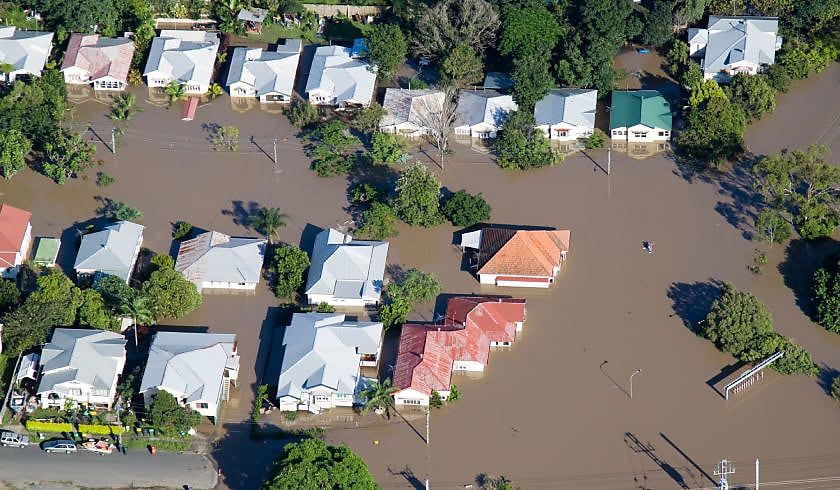Rental property impacted by natural disaster? Here’s what you need to know
With 17 flood warnings currently in place across the country, and a host of other natural disaster warnings, the Real Estate Institute of Western Australia (REIWA) has provided advice for tenants and landlords whose property is flood-affected.

Both tenants and landlords have responsibilities in the event of a natural disaster impacting a rental property. Communication and swift action between both parties is key in these instances.
Here is the information you should know in the event a natural disaster strikes:
Right of entry
Landlords and property managers are able to enter the dwelling at any time if there’s an emergency or if the tenancy ends due to property destruction or is damaged beyond an acceptable living standard.
However, if the tenant remains living there at the emergency’s conclusion, the usual rules apply, meaning the landlord or property manager needs your agreement before they can enter.
If the house is destroyed or unfit to live in
Tenants should contact the landlord to end the tenancy. The landlord does not need to give you another place to stay.
If the tenant or landlord is unsure about whether the house is suitable to live in, local governments are able to make that decision based on a number of parameters, including cleanliness, access to essential services, or health and safety risks the property may pose.
If the house is damaged but still fit to live in
Damage done to the property by a natural disaster is the landlord’s responsibility, though the tenant needs to inform them or the property manager about it as soon as possible.
The landlord does not need to agree to a termination of the tenancy if the tenant does not want to stay in the damaged, yet still liveable, property.
If a fixed-term tenancy agreement is in place, tenants will need to negotiate an early tenancy termination with their landlord. The landlord may choose to continue charging rent until the premises are re-let or your original agreement ends.
For tenants on a periodic tenancy, you only have to give 21 days’ notice to terminate the tenancy agreement.
Repairs and maintenance after a disaster
In the event the tenant remains renting the property, the landlord or property manager will need to arrange repairs once they are informed of the damage. Landlords are provided certain time frames for repairs:
- Within 24 hours for urgent repairs to essential services, being electricity, gas, and water supply (including hot water), fridge function (if supplied with the premises), and sewerage, septic tank, or other waste-water management.
- Within 48 hours for other urgent repairs that are classed as problems that can cause damage to the property or injury or undue hardship to you.
- As soon as possible for non-urgent repairs.
Tenants can arrange minimum urgent repairs using a qualified person if either you are unable to contact the landlord or property manager, or if they fail to have repairs done as soon as possible after you notify them of the problem. The landlord must pay for the cost later.
Make sure the tradesperson employed to conduct the repairs is properly licensed and legally traded, as unlicensed tradespeople target disaster-affected areas.
Breach notices can be served to landlords should they refuse or fail to arrange non-urgent repairs. Action can then be taken further through the Magistrates Court if the landlord still doesn’t arrange the repair.
Tenants should still pay rent even in the event of a dispute about maintenance or repairs, as the landlord can end the tenancy.
It’s important to note disasters could lead to delays in repairs and maintenance work.
Special trading laws apply when the Commonwealth or relevant state governments have declared an emergency in areas.
Utilities and services
In the event of a disconnection during a natural disaster, landlords are responsible for repairing the damage so that supply can be restored. The utility provider should be able to illuminate you when they expect the service to be restored.
Rent reductions
You could ask for a rent reduction if certain parts of the property were destroyed, like a shed or a pool. Matters can be pursued through the Magistrates Court if the landlord doesn’t agree to lower the rent.
Emergency accommodation
A host of organisations provide crisis and emergency services, including accommodation, food access, legal services and counselling, and suicide prevention.

